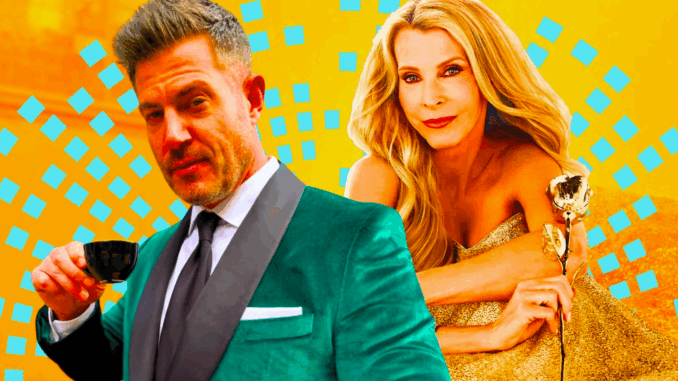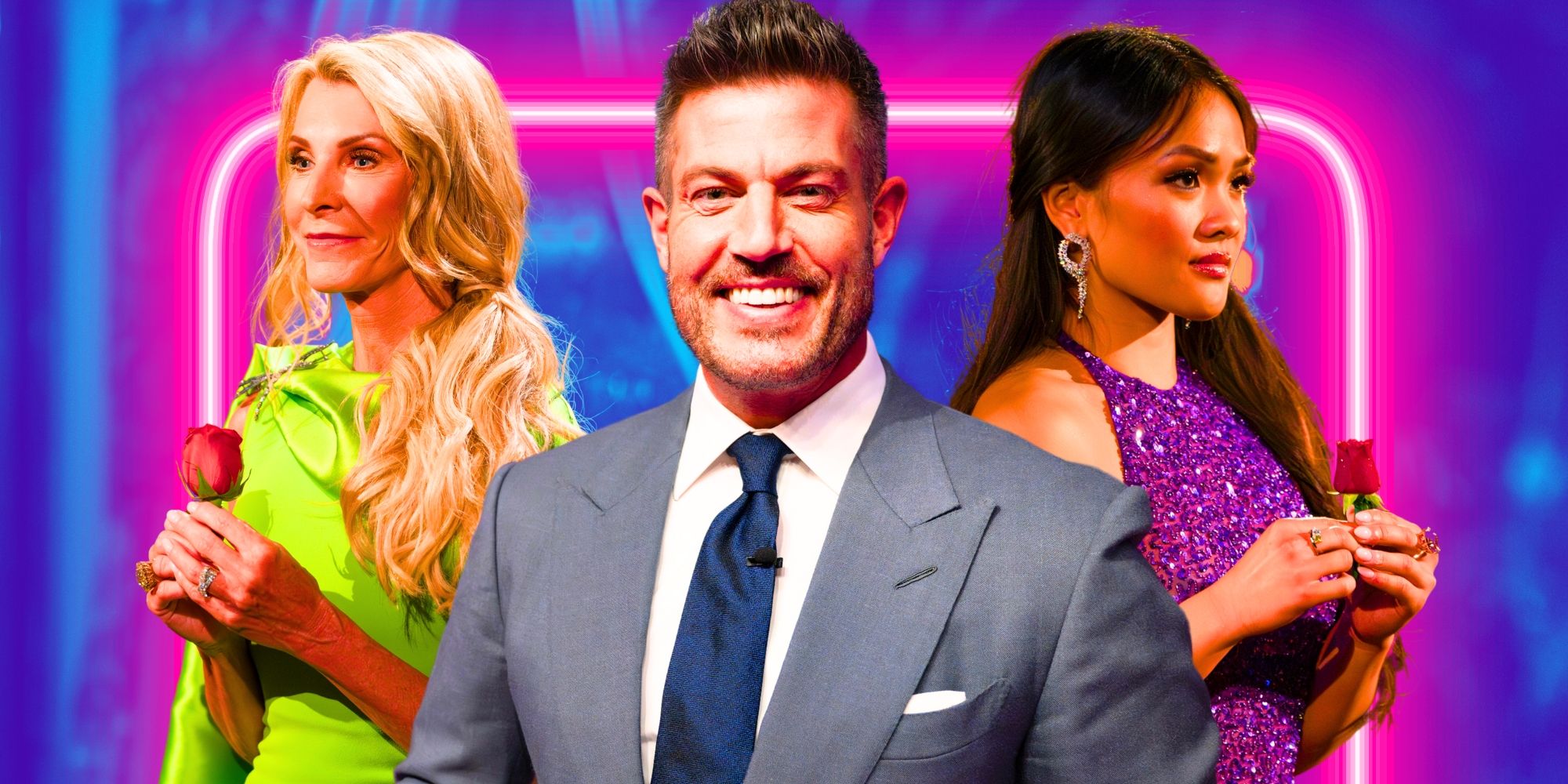
After 28 seasons, ABC’s dating juggernaut is starting to feel… different—and that might be exactly what it needs.
After nearly two decades of rose ceremonies, helicopter dates, and heart-wrenching goodbyes, The Bachelor is finally taking a hard look at itself—and evolving. While longtime fans have grown accustomed to the predictable beats of each season, the latest installment is showing early signs that ABC is steering the franchise in a bold new direction.
Less Polish, More Realness
In recent seasons, criticism has mounted over the show’s glossy, overly produced nature. Contestants were often cast for drama rather than connection, and leads were seemingly more interested in growing their Instagram following than finding a life partner. But this year, producers appear to be flipping that narrative.
The new Bachelor, 33-year-old Thomas Carter from Austin, Texas, was introduced not just with the usual slow-motion shots and emotionally generic voiceover—but with a candid conversation about his past relationship failures, therapy, and what he’s learned about emotional availability. It felt less scripted. Less rehearsed. More… human.
“I’m not perfect,” Carter admitted in the premiere episode. “But I’m finally ready to love someone the way they deserve. No games.”
The response on social media was immediate—and overwhelmingly positive.
Diverse Casting That Finally Feels Natural
Another noticeable change this season? The casting. For the first time in years, the contestant pool genuinely reflects a range of backgrounds, ages, and life experiences. Among the 30 women vying for Carter’s heart are a 37-year-old trauma nurse from Philadelphia, a deaf artist from California, and a single mom of two from Michigan.
Rather than checking off diversity boxes, these contestants have been given space to share their stories without being reduced to “token” roles. It’s a refreshing shift, especially considering the franchise’s rocky history with inclusion and representation.
“This season feels more grounded,” one longtime viewer tweeted. “I’m actually rooting for multiple women because they all seem like real people.”
Mental Health Takes Center Stage

Gone are the days when breakdowns in the mansion were brushed aside or edited for dramatic effect. In episode two, Carter sat down with a contestant experiencing anxiety and handled it with quiet empathy—encouraging her to prioritize her well-being, regardless of the rose.
This moment sparked important conversations online about emotional health in reality TV. Even former contestants chimed in with praise.
“This would never have aired five years ago,” wrote Kaitlyn Bristowe on Instagram. “Huge respect to the show for letting these real conversations breathe.”
ABC has also partnered with mental health nonprofit organizations to provide off-camera support for contestants during filming and post-production. It’s a move that signals a broader cultural shift—and suggests the producers are finally listening.
The Drama Isn’t Gone—But It’s Balanced
Let’s be clear: this is still The Bachelor. There’s no shortage of champagne mishaps, stolen time at cocktail parties, and passive-aggressive side-eyes. But what’s different is how the show handles conflict.
In previous seasons, villains were often over-produced caricatures. This time, the drama feels more organic, arising from legitimate emotional tension rather than forced setups. Contestants are being called out—by each other and by Carter—when manipulative behavior surfaces, and the Bachelor isn’t afraid to send people home early if the energy feels off.
That kind of decisiveness is rare—and welcome.
So, Is This the Franchise’s Turning Point?
It’s too early to say whether The Bachelor has fully reinvented itself. The format is still largely intact, and the fairy-tale aspects haven’t disappeared entirely (there are still hot tubs and string quartets, after all). But the tone? That’s what’s changed.
In a landscape full of dating shows that chase shock value (Love Is Blind, Too Hot to Handle, FBoy Island), The Bachelor seems to be rediscovering its original promise: sincere, hopeful romantic connection—with a bit of sparkle on top.
And for a show in its 28th season, that might be the best twist yet.